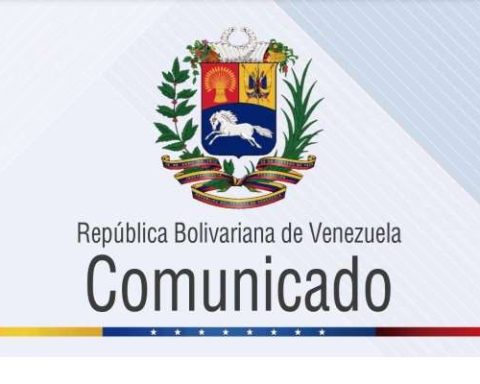The United States Supreme Court put back on hold a controversial law that prohibits social networks from “censoring” posts based on views.
The law threatens to make it a crime to curb expressions of hate or intolerance online by networks and to point out publications that are demonstrably false.
Conservative politicians accuse Facebook, Twitter and other platforms to silence their voices.
Social networks argue that content moderation decisions are based on factors such as the risks of damage they may cause in the real world.
The ex-president donald trump was banned from Facebook and Twitter after a mob of his supporters attacked Capitol Hill on January 6, 2021 in an attempt to prevent his successor Joe Biden from being confirmed by Congress.
Several people died during the coup and there was concern about the way in which Trump could use social media to incite more violence.
The state law of Texas in question prohibits platforms with more than 50 million users from vetoing profiles based on political views.
The NetChoice trade association, whose members include Amazon, Facebook and Googlechallenged this law and convinced a federal court in Texas to prevent its application until it is resolved if it conflicts with the First Amendment of the United States Constitution.
An appeals court sided with Texas and ruled in favor of the state of Texas, so the matter went to the Supreme Court, which upheld the original decision to put the law on hold while it decides whether it should be thrown out altogether.
Now the case returns to a district court of Texas to evaluate the arguments and determine the constitutionality of the law.
In its original decision, the district court said social networks had the right to moderate content, and that a provision against disinformation warning labels even risked violating the internet companies’ right to free speech.
“Texas law violates the First Amendment because it forces social networks to post content they don’t want to post and because it prevents them from responding to posts they disagree with,” said attorney Scott Wilkens of the Texas First Amendment Institute. Columbia University.
rrg
















